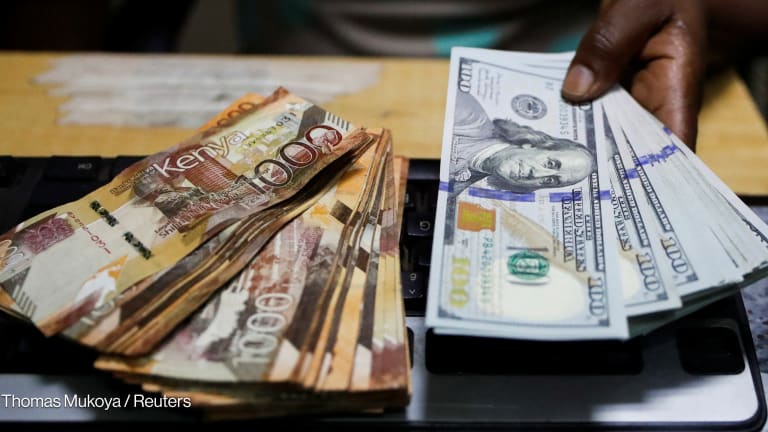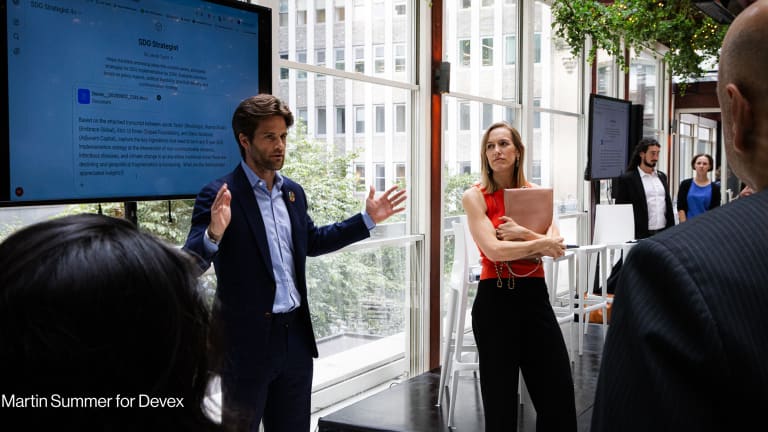
Instead of supporting an aid industry, why not directly give money to the poor and let them find effective ways to combat poverty, a team from the Brooks World Poverty Institute at Manchester University suggests.
The idea, according to the book “Just Give Money to the Poor” by Joseph Hanlon, Armando Barrientos and David Hulme, is to finance cash transfers on a very large scale and let recipients decide how to spend the money.
“Instead of maintaining a huge aid industry to find ways to ‘help the poor’,” the authors write, “it is better to give money to poor people directly so that they can find effective ways to escape from poverty.”
The Guardian’s Michael Edwards supports such an approach.
Edwards concedes there is perception that poor people can’t be trusted to make effective decisions, which could be used against the argument of giving the poor the liberty to use cash transfers in any way they want. Evidence gathered by the university debunks such skepticism. The Manchester team found that most poor people spend cash transfers wisely for education, health care or business purposes, according to Edwards.
“Putting cash in the hands of poor people won’t solve global poverty or fix the dilemmas of public policy, because so many forces lie outside the control of individuals and it is difficult to buy productive assets like health and education in the world’s poorest countries. But by giving them the means to make their own choices and create a stronger platform for collective action, ideas like this can lay the foundations for prosperity much more effectively than top-down planning by global elites,” Edwards says.








